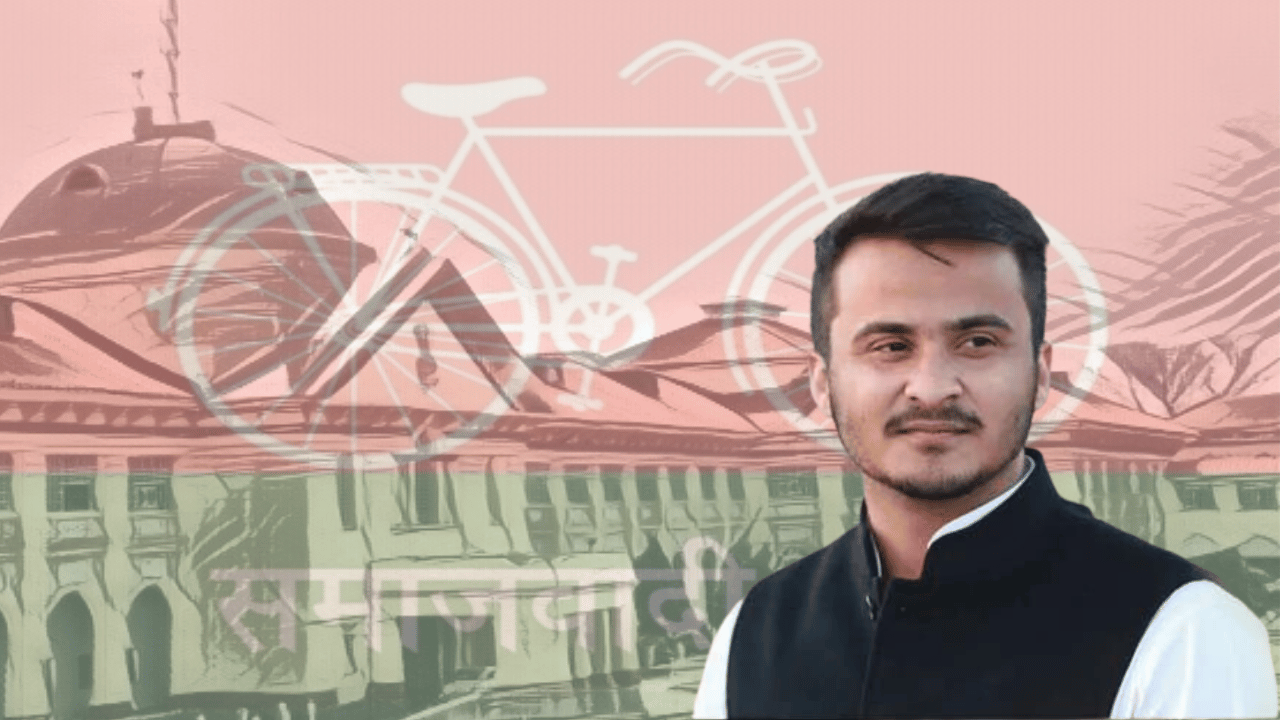Samajwadi Party leader Abdullah Azam Khan’s plea against the Allahabad High Court’s decision refusing to stay his conviction in a 15-year-old criminal case will be heard by the Supreme Court on Friday.
The bench comprising Chief Justice of India D Y Chandrachud and Justice P S Narasimha took note of Abdullah Azam Khan’s lawyer’s submissions and agreed to list his appeal for hearing on April 21.
Abdullah Azam Khan was convicted and sentenced to a two-year jail term in a criminal case related to his involvement in blocking roads during a dharna in the Chhajlet area of Moradabad district in Uttar Pradesh. The case dates back to 2006 when Abdullah Azam Khan was a student leader and had organized a protest against the state government’s decision to remove a statue of former Prime Minister Charan Singh from a park in Rampur.
During the protest, roads were blocked, and a clash broke out between the police and protesters, resulting in injuries to several people. Abdullah Azam Khan was subsequently charged with various offenses, including rioting, obstructing public servants in discharge of their duties, and causing hurt to deter public servants from performing their duty.
After a trial, Khan was found guilty of obstructing public servants in discharge of their duties and causing hurt to deter public servants from performing their duty. He was sentenced to two years in jail, and his conviction led to his disqualification as a member of the Uttar Pradesh Legislative Assembly.
Abdullah Azam Khan’s appeal against his conviction was dismissed by the Allahabad High Court in March this year, following which he approached the Supreme Court. In his appeal, Khan has challenged the High Court’s decision and sought a stay on his conviction.
The case has been a subject of controversy and debate, with supporters and opponents of Abdullah Azam Khan taking different positions on the issue. Some argue that the case is an attempt by the ruling BJP government to target opposition leaders and stifle dissent, while others maintain that Khan’s actions were illegal and merit punishment.
Regardless of one’s stance on the matter, the case raises important questions about the relationship between politics and the law, and the role of the judiciary in upholding the rule of law and ensuring accountability. It also highlights the need for a balanced approach to the exercise of free speech and the importance of respecting the rights of others.
While freedom of expression is a fundamental right, it is not an absolute right, and must be balanced against other considerations such as public order, morality, and the rights of others. In the context of the criminal case against Abdullah Azam Khan, the question is whether his actions constituted legitimate protest or crossed the line into criminal behavior.
Some argue that Abdullah Azam Khan’s protest was a legitimate exercise of his right to freedom of expression and assembly, and that the criminal charges against him were politically motivated. They point out that peaceful protest is a fundamental aspect of democratic societies, and that the right to protest is protected by the Indian Constitution.
Others, however, maintain that Khan’s actions were illegal and constituted a breach of the law. They argue that while peaceful protest is important, it must be conducted within the bounds of the law, and that blocking roads and obstructing public servants is not a legitimate form of protest. They also point out that the criminal case against Khan was initiated following an investigation by the police, and that it is the duty of the judiciary to uphold the law and ensure that those who violate it are held accountable.
Regardless of the outcome of Khan’s appeal, the case serves as a reminder of the importance of upholding the rule of law and ensuring accountability in a democratic society. It also highlights the need for a balanced approach to the exercise of free speech and the importance of respecting the rights of others. Ultimately, the case underscores the vital role played by the judiciary in upholding the rule of law and ensuring that justice is served.
Gandhi’s remarks on ‘Modi’ surname lead to defamation case









Leave a Reply